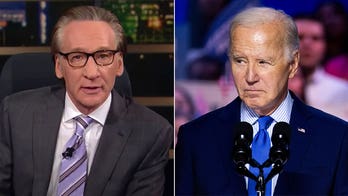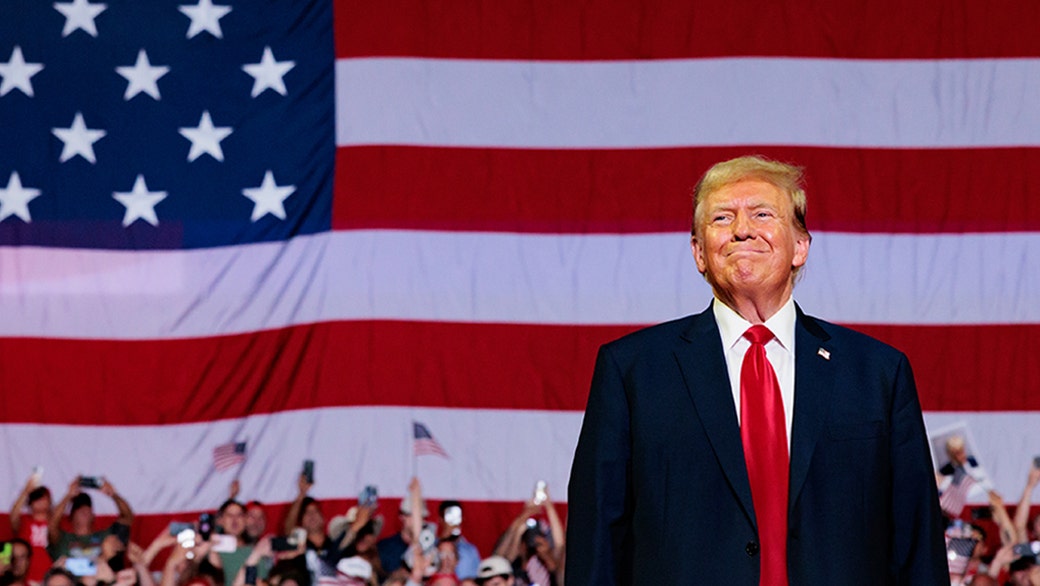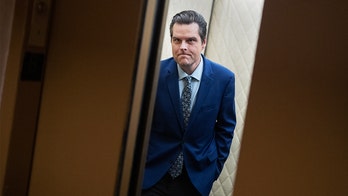With the race for Donald Trump's running mate intensifying, the former president's campaign has reportedly begun "serious vetting" of potential candidates, including Doug Burgum, J.D. Vance, and Marco Rubio. According to political insiders, Rubio's presence on the shortlist has raised concerns among Democrats, who fear his formidable attributes would significantly boost Trump's chances.

As the 2024 presidential campaign gains momentum, the race to determine Donald Trump's running mate has intensified. Last week, the Trump campaign accelerated the vetting process for multiple potential candidates. Political insiders privy to the inner workings of presidential campaigns have identified one name on the former president's shortlist that Democrats particularly "fear": Marco Rubio.

Marco Rubio's ascent as a formidable contender for Trump's VP pick stems from his close alignment with the former president and his strong presence in the Senate. Since their initial rivalry in the 2016 Republican presidential primaries, Rubio has emerged as a staunch ally of Trump. This, coupled with his reputation as a skilled TV performer and his ability to effectively criticize Biden's policies, makes him a formidable choice.
Political strategist Matt Wolking, who served as deputy communications director for Trump's 2020 campaign, praised Rubio's "effective, disciplined communication" and his fluency in Spanish, which would greatly enhance the campaign's reach among Hispanic voters in key states such as Nevada, New Mexico, and Florida. Furthermore, Rubio's appeal to suburban and independent voters, who will be crucial for Trump's success, adds to his attractiveness as a potential VP pick.

Despite his strengths, Rubio's potential selection also raises some concerns. A source close to Trump's campaign acknowledges Rubio's past criticism of Trump, including his characterization of him as "reckless and dangerous" during the 2016 race and his assertion that Trump was responsible for the events of January 6th at the Capitol. These past criticisms may raise questions about Rubio's unwavering loyalty to Trump among the former president's most ardent supporters.
Another consideration is whether Rubio possesses the qualities necessary to lead the Republican ticket in 2028 and beyond. While his experience and effectiveness as a senator are not in question, his ability to inspire the Republican base and connect with voters on a personal level remains to be seen, according to some sources.

One potential area of disagreement between Trump and Rubio is foreign policy. Wolking suggests that Rubio tends to be "more hawkish than Trump," which could potentially lead to differences of opinion on certain international matters.
Finally, the Constitution's 12th Amendment presents a potential hurdle to Rubio's selection. The amendment prohibits electors from voting for a president and vice president who are inhabitants of the same state. Since both Rubio and Trump reside in Florida, this constitutional provision may require a legal workaround if Rubio were to join the ticket.

Neben Rubio tauchen auch andere namhafte Personen als mögliche Vizepräsidentschaftskandidaten für Trump auf. Dazu gehören die Vorsitzende der Republikanischen Fraktion im Repräsentantenhaus, Elise Stefanik, die Gouverneure von Arkansas und Virginia, Sarah Sanders und Glenn Youngkin, die Gouverneure von North Dakota und South Dakota, Doug Burgum und Kristi Noem, sowie die Senatoren von Ohio und South Carolina, J.D. Vance und Tim Scott.
Laut Quellen soll Trump seine Entscheidung über seinen Vizekandidaten voraussichtlich erst beim Republikanischen Parteitag im Juli in Milwaukee bekannt geben.










